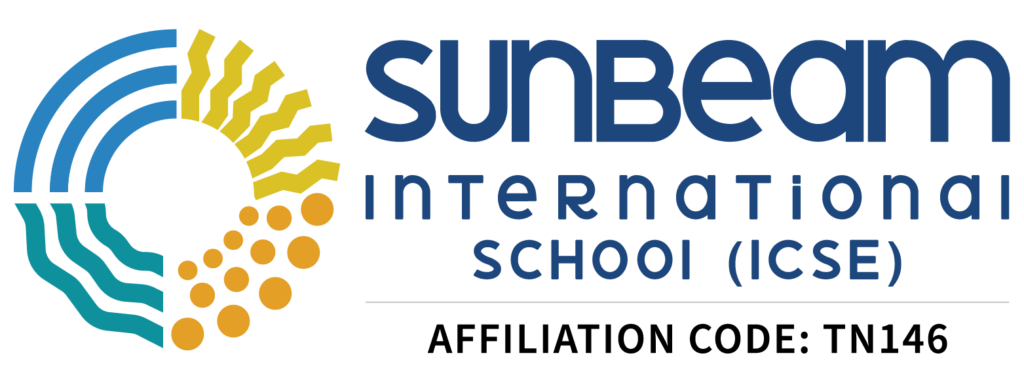
Artificial Intelligence (AI) and automation are transforming the global education landscape. Rapid strides in this field have led to the education sector finding avenues to put it to use. While this technology has the potential to revolutionise education, there are also concerns about how it will impact students and teachers.
Google defines AI (artificial intelligence) as:
“Artificial intelligence is a field of science concerned with building computers and machines that can reason, learn, and act in such a way that would normally require human intelligence or that involves data whose scale exceeds what humans can analyse.
AI is a broad field that encompasses many different disciplines, including computer science, data analytics and statistics, hardware and software engineering, linguistics, neuroscience, and even philosophy and psychology.”
In this post, we will explore three predictions about the future of AI and automation in school education.
Prediction #1: Increased Personalisation
One of the most exciting predictions about the future of AI in education is increased personalised learning for each student.
Each child has a unique mindset and learns at their own pace. This uniqueness gets lost in the traditional classroom teaching methods, where they don’t always get the required attention. But AI can address this.

The AI-powered tools can analyse data on students’ learning styles, strengths, and weaknesses. This will allow educators to create individualised learning plans for each student and provide them a custom learning experience. This way, they will be able to focus on each student’s specific needs and support their learning journey. It will also fill any gaps between teaching and learning.
The Government of India has already begun to invest in AI in higher education. For instance, the Ministry of Human Resource Development launched the ‘Global Initiative of Academic Networks (GIAN)’ program in 2016. This program aims to bring together leading international and Indian faculty to develop courses on the latest technologies, including AI and machine learning.
Prediction #2: Improved Efficiency of the Education System
Another major prediction is that AI and automation will increase the efficiency of education systems. Apart from teaching, educators also have to handle administrative tasks such as grade exams and homework, submit paperwork, compile resources, formulate lesson plans and much more.

With the help of AI-powered tools, educators can automate tasks such as grading and attendance tracking, giving them more time to focus on imparting knowledge and focusing on students. It will also provide valuable insights on student progress and engagement, allowing them to quickly identify students who need extra support.
The National Council of Educational Research and Training (NCERT) has launched a digital platform, ‘DIKSHA,’ to provide teachers with digital resources and lesson plans. The platform also includes AI-powered features that provide teachers with personalised recommendations for resources and tools that can support student learning.
Prediction #3: Dynamic Roles of Educators
More often than not, students require additional assistance beyond the classroom. But many educators do not have the time due to various reasons. However, with AI and automation handling a bulk of the administrative tasks, educators will be able to find extra time. They can utilise it to nurture bonds with students, address their unique challenges and play the additional role of facilitators and collaborators in the student’s educational journey.
At times, it may not be feasible to get in touch with educators. In such cases, AI chatbots and tutors will be able to provide students with additional help at all hours. They can answer their queries and help them correct areas where they need to improve.

The curious future
AI and automation is poised to have a transformative impact on the way we teach and how students learn. To keep abreast with it, both educators and parents have to be equipped with the skills to leverage its maximum potential. The future looks both exciting and a bit complex. While it is essential to encourage our students to stay curious, we also have to make an effort to understand these technologies so that we are in a better position to understand their environment.
– SBIS Editorial team


